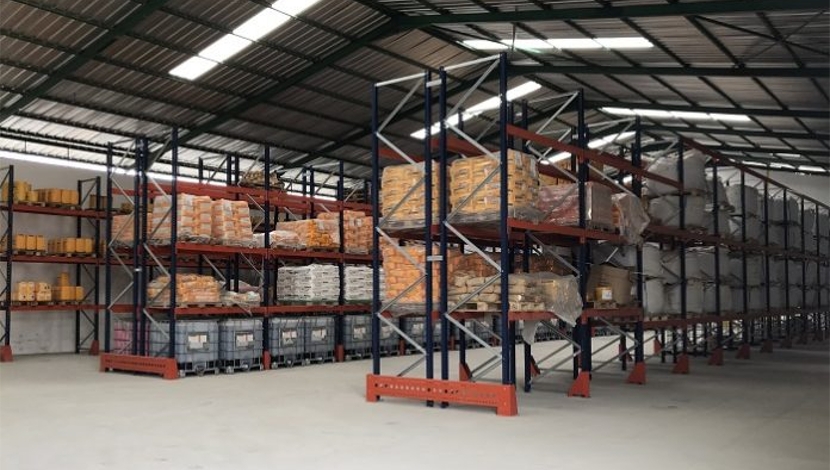
The harsher the environmental conditions, the more resilient the technical systems must be. This particularly applies to industries such as cement and gypsum production. Schenck Process Group offers these industries a wide range of reliable systems and sound application know-how. There are Individual solutions for even the most extreme conditions,
Our products and applications provide control of continuous material flows; continuous weighing and feeding systems for coarse bulk materials, powders, dusts, fossil fuels and alternative fuels; screening technology; vibratory and volumetric mechanical feeding systems; pneumatic conveying systems; heavy load acquisition; and discontinuous weighing solutions.
Efficient, economical and reliable at every stage of the cement production process
From raw meal and clinker production to the high-quality final product, Schenck Process measuring and feeding technology plays a starring role in cement manufacturing, delivering perfect mixing, pulsation-free precision feeding and accurate weighing. At every stage of the process, under the toughest conditions and no matter how difficult the application, Schenck Process offers the cement industry a range of reliable and robust systems, economical solutions and extensive application know-how.
First the raw material for making the cement is broken up in a crusher. LinaClass® linear vibrating screens increase the effectiveness of the system by allowing pieces of the right size to bypass the crusher.
From here the material moves to the storage area, where the crushed stone is stored and homogenised in mixing beds. The mixture required to make a high-quality raw meal is mixed with MULTIDOS® weighfeeders and ground in ball or bowl mill crushers. The weighfeeders, which are precisely matched to the properties of the material, ensure smooth discharge from the silos.
The heating of the raw meal to make cement clinker takes place in rotary kilns at a temperature of around 1,450°C. The raw meal is fed into the kiln by MULTICOR® mass flow feed devices, which exploit the Coriolis effect. The fuel supply is also managed by Schenck Process weighing and feeding equipment. The coal dust is precisely measured by the MULTICOR® K measuring devices and fed by the MULTICELL horizontal rotary feeders. The system can handle an output of a few hundred kilograms to 50 tonnes per hour with a feed accuracy of ± 0.5 %. The pulsation-free transport of the material to the main burner and calciner is also engineered by Schenck Process. The clinker is then cooled to around 200°C and weighed en route to the storage bins.
Alternative fuels such as fluff, sewage sludge and biomass are used as additional fuel sources. We offer complete solutions and components for highly accurate feeding of these materials.
In the final step the clinker is mixed with gypsum and other additives to make the finished cement. MULTIDOS® weighfeeders ensure the precision of the mix. It is then transported to the terminals for loading on to road or rail vehicles or ships. This stage is automated by the loading automation system LOGiQ®. Cement works are controlled from state-of-the-art, microprocessor-based control rooms, which receive all the data from the process. All weighing and feeding data is made available via field bus thanks to the electronic system DISOCONT® Tersus.





